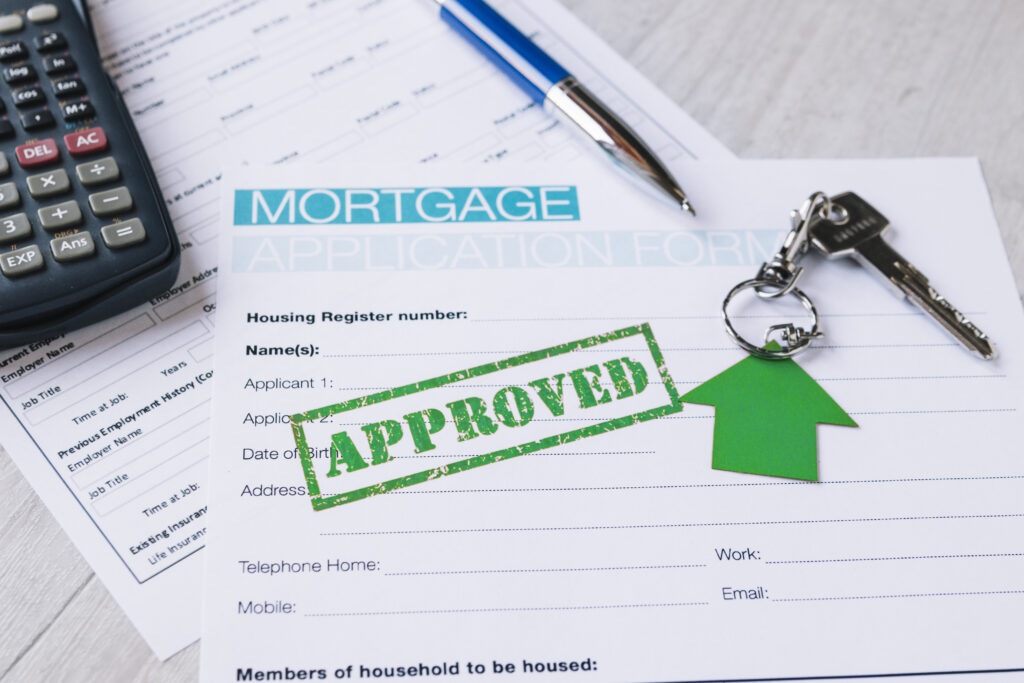Nowadays, CIBIL scores have become very important in financial life. A CIBIL score is a numerical value that reflects your credit history and payment behavior. If you want to take out an EMI, the first and most important step is to improve your CIBIL score.
To get EMI approved or get a loan, your score should be good; otherwise, the chances of loan rejection are reduced. This web journal will direct you step by step on how to progress your CIBIL score so that you can effortlessly get EMI endorsed.
Improve CIBIL Score for Easy EMI
CIBIL scores range between 300 and 900. The higher the score, the more solid you are considered as a borrower. For the most part, a score of 750 or over is considered great. At whatever point you apply for credit, the bank or back company to begin with checks your CIBIL score.
If you have paid your EMIs or bills on time, the score is strong. But if payments are late or you miss them, the score drops. Having a strong score is important for EMI approval, as it assures lenders that you can repay your loan.

How is a CIBIL score calculated?
Several factors are considered to calculate the CIBIL score. The first and most important factor is payment history, which tracks your past payments. Your score improves if you pay your EMIs or credit card bills on time every month.
If you use only 30-40% of your credit card limit, it has a positive effect on the score. The length of credit history also affects the score. Having an old credit account makes the score positive. The key factor is the number of credit inquiries, meaning how many times you’ve applied for a loan or card. Too many queries make the score negative in a short time.
Why is the CIBIL score low?
Many people think that a score drop is just due to late payments, but there are many other reasons for it. The main reason is late payment. When you don’t pay your credit card or loan EMIs on time, lenders report it, causing the score to drop.
Another common reason is overuse of credit. If you are using 70-80% of your credit card limit, the score goes negative. The third reason is multiple difficult inquiries. When you apply for numerous advances in a brief period of time, banks may think that you are beneath budgetary push. This is the reason why the score diminishes.
A few individuals indeed get a moo credit report because of a botch or extortion. That’s why it’s so critical to check your report frequently. If you discover a blunder or false passage in the report, record a debate instantly.
Tips to Boost Your CIBIL Score
Pay your EMI or credit card bills some time recently by applying Auto Charge or Standing Instruction. Your credit card adjustment ought to never surpass 30-40% of your add-up to constrain. If the constraint is moo, you can ask the bank to increment the restraint if you have a solid installment history.
- Pay your EMIs and credit card bills on time.
- Use less than 30% of your credit card limit.
- Avoid applying for too many loans or cards.
- Keep old credit accounts open and active.
- Check your credit report regularly for mistakes.
The third important point is to maintain your credit mix. This gives lenders a sense that you manage your financial obligations wisely. Fourth, keep your old credit history active and don’t close old accounts. An old account extends credit life. The fifth step is to reduce credit inquiries. Don’t apply for more loans than you need. Last but not least, keep checking your CIBIL report regularly and correct any errors immediately.

Impact of Credit Score on EMI Eligibility
To avail EMI, banks first check your CIBIL score. Having a high score gives lenders confidence that you will make your payments on time. If the score is low, chances of loan rejection increase. Before availing of EMI, you have to show your income proof, job stability, and financial status as well. But the CIBIL score is verified first.
Importance of financial discipline and budgeting
Financial discipline is very important to improve your CIBIL score. Make your budget every month and stick to it. Track your income and expenses and cut unnecessary expenses. Make sure to pay every bill and loan EMI on time or on the due date.
Use the credit card only for necessities and do not exceed the limit. If there is a delay in repaying a loan, inform the lender first. Saving is also very important so that you don’t have money problems during an emergency. You can strengthen your credit history through financial planning.
Why Check Your CIBIL Report Regularly?
It is important to check your CIBIL report once every 30-60 days. This will let you know your current credit status. Incorrect entries or cheating can cause your score to drop unnecessarily. Whenever you apply for a new loan or credit card, it’s a good idea to check your report to see if you’re eligible to apply.
Preparation of documents for EMI sanction
For EMI approval, a good CIBIL score alone is not enough, but your documents also need to be perfect. The most important documents include pay slips, bank statements, identity proofs, and address proofs.
Keep your pay slips ready for 3-6 months so that the bank can get proof of your stable income. Bank statements tell lenders that you have a regular income and that you manage your expenses. You can submit a passport, driving license, or electricity bill for proof of identity and address. There should be no omissions or errors in the documents; otherwise, approval may be delayed.
Why Be Careful When Applying for Loans?
At whatever point you apply for an advance, you ought to apply with caution. Rehashed credit applications increment your credit request, which contrarily influences your score. Apply for a modern advance or credit card, as it were, when completely essential.
With each modern advance, your reimbursement commitments also increment, so it’s imperative to evaluate your capacity. If you are not a dependable borrower, EMI installments may be deferred; encourage bringing down the score. With budgetary arranging and a reasonable budget, you can move forward your monetary circumstance.
What to do after EMI approval?
It is very important to understand your liability even after getting EMI. Pay your EMIs on time every month and keep your financial records clean. If the EMI is delayed for any reason, inform the lender immediately and try to find a solution mutually.
After the loan closing, don’t forget to get the loan closing certificate, which is the proof that your loan has been completed. Even after the EMI ends, maintain your credit history and start planning for new financial goals.

Conclusion
A CIBIL score is a reflection of your financial health. It is most important to improve your score before taking an EMI or loan. Timely payments, credit utilization control, regular report checks, and financial discipline strengthen your score.
Apply for loans carefully and submit your documents with full preparation. After the EMI is approved, understand your obligations and make timely payments. All these ways will not only get you approved for EMI but also secure your financial future.